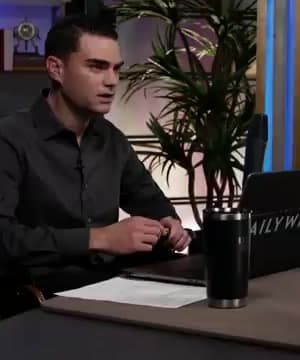Constitutional rights
Sources:
Constitutional rights are a complex and multifaceted topic, often subject to interpretation and debate by courts and experts. Here are some expert insights on the subject:
-
Interpretation and Application:
- Jamal Greene, a law professor, discusses the nuanced understanding of constitutional rights, using the Indian Constitution as an example. He highlights that a right signifies that certain interests are of constitutional concern, requiring government justifications when these rights are restricted. This approach contrasts with the American legal focus on whether rights are explicitly found in the Constitution 1 2.
-
Framework vs. Specific Rights:
- Greene also elaborates on the United States' "framework constitution" which broadly defines rights, leaving it to courts to interpret their application to specific issues. He notes that some fundamental rights, like voting and protection against racial discrimination, are not explicitly mentioned but are inferred through judicial interpretation 3 4.
-
Substantive Due Process:
- Ben Shapiro questions the concept of substantive due process, asserting it lacks a basis in the constitutional text and criticizes the judicial practice of incorporating federal rights into state laws through the 14th Amendment. He argues this historical approach lacks clear constitutional guidance and is overly broad 5.
-
Structural Challenges:
- George Will asserts that the current constitutional crisis lies more in the structural aspects of governance rather than the enforcement of the Bill of Rights. He highlights the problem of legislative power being delegated to the administrative state, resulting in a lack of accountability and imbalance in governmental powers 6.
-
Evolving Rights:
- Richard Epstein discusses the evolving interpretation of constitutional rights, such as the recognition of gay marriage under the Equal Protection Clause. He notes this as an example of courts expanding rights based on contemporary values rather than historical originalism. He also critiques the modern interpretation of the Second Amendment as a freestanding right, diverging from its original structural intent 7.
These discussions illuminate the ongoing debates and differing perspectives on how constitutional rights should be interpreted and applied, reflecting both historical context and evolving societal values.
RELATED QUESTIONS-

